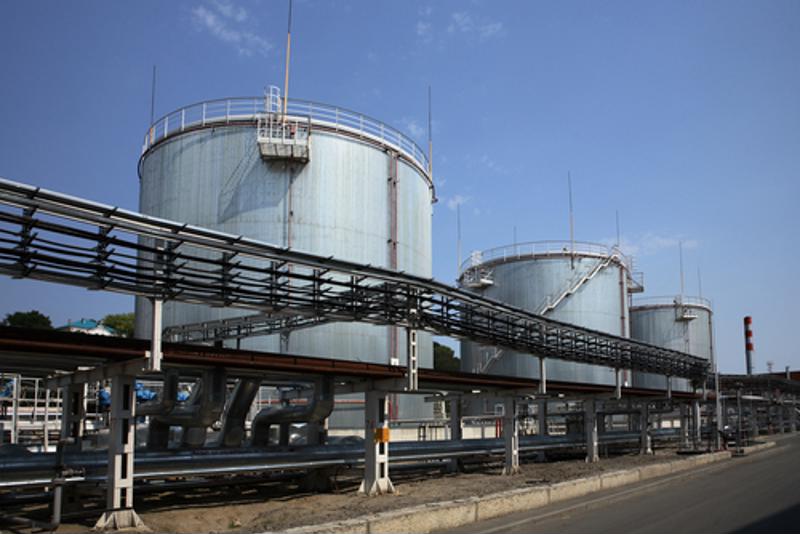A new constitution, a border town protest and a virtual standstill in trade between Nepal and India, have left the former without much of the food, medical supplies and fuel it has traditionally depended on its neighbor for.
It all starts at Birgunj. The Nepalese border town is home to the country's largest customs office in terms of revenue. It controls close to two-thirds of Nepal's trade with India, its most important partner in that regard. It was also there that protests broke out following the adoption of a new constitution in September 2015. The trade checkpoint there has been blocked by protestors from the Madhesi communities since Sept. 24. The ethnic minority has asserted that the new constitution is biased against them, and demanded proportional representation. Nepal, meanwhile, has claimed that India is agitating the protestors, and thus blames the border blockade on its neighbor to the south. As a result of the strains in Birgunj, Nepal is without much of the critical supplies it needs.
"The Birgunj trade checkpoint there has been blocked by protestors."
Blockade comes as Nepal attempts to recover from earthquake
The protests come at a bad time for Nepal, which is still rebuilding following an earthquake last April. The food, medical supplies and fuel it is not receiving as a result of the border blockade are all necessary for continued recovery efforts. Nepal Rastra Bank stated that since the start of the blockade, exports have dropped 25.4 percent while imports have fallen 31.9 percent, according to the Journal of Commerce (JOC).
In Nepal the price of food and other items has surged while fuel is being rationed out. In October, Shova Lama, who owns a restaurant, told The Wall Street Journal she was forced to shut down her business because she couldn't get the cooking gas she needs to remain open.
"My family's daily survival has become very difficult now," she explained to the publication.
Nepal turns toward China for help
In the interim, as Birgunj remains ravaged by protest, Nepal has turned to its only other neighbor for help – China. In October, the country signed a fuel deal with Beijing in hopes of securing at least some of the supplies it needs, The Wall Street Journal reported. The transaction was between each country's state-owned oil companies. Nepal Oil Corp. and China National United Oil Corp. completed the deal for petroleum supply in October – the first such agreement between the neighboring countries.
The deal was just one in a number of events that have strengthened ties between China and Nepal. In 2014, the neighbor to the north overtook New Delhi as Nepal's most substantial foreign direct investor, according to the South China Morning Post. Now Nepal's Deputy Prime Minister Kamal Thapa is faced with making a choice between making China or India his first official visit of 2016. Nepalese prime ministers' first port of call has traditionally been India. A decision to break from tradition and head north for the first diplomatic mission of 2016 could further Nepal's shift toward China.
 China has stepped in to assist Nepal by offering fuel.
China has stepped in to assist Nepal by offering fuel. As anti-India attitudes in Nepal continue to flare up and the country's government seems to be considering a tilt toward China, the Nepali Times reported that the protest leaders are close to a deal with Nepalese authorities. The Madhesi community put forth an 11-point agenda that protest leaders have been discussing with the country's three foremost political parties. While the government had agreed to make constitutional changes to give the ethnic minority the right to retain regional electoral constituencies in December, the Madhesi leadership considered the offer insincere and continued protests.
It does seem that a deal could be in the works soon, though, that would see the border crossing at Birgunj reopened. This would likely see Nepal welcoming in the food, medical supplies and fuel it has so dearly needed during this stretch that has left the country at a near standstill. However, whether the country will pivot completely back toward India, or keep one foot in China remains to be seen. Sentiment against India has grown through the border blockade, and China has been a willing neighbor in terms of offering supplies ever since the April earthquake.